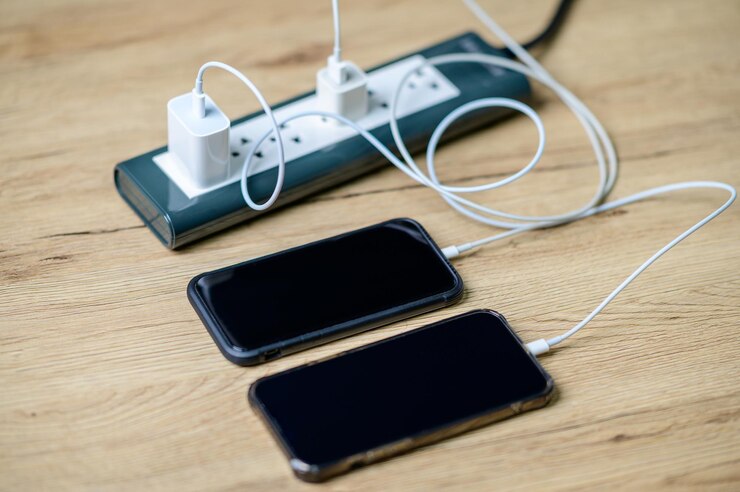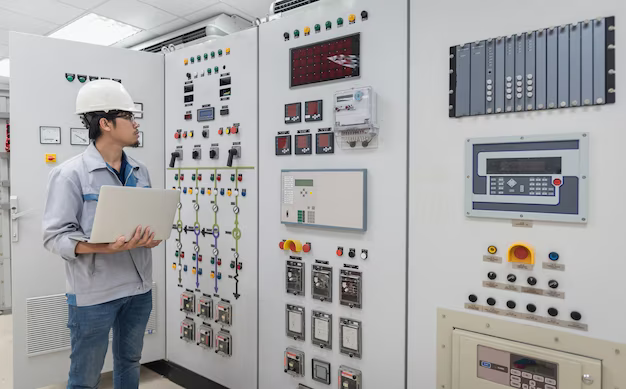About Adapters
In our increasingly interconnected world, adapters have become essential tools for bridging the gap between different devices and power sources. Whether you’re traveling internationally, connecting your gadgets, or simply trying to make your electronic life more convenient, adapters play a crucial role. In this comprehensive guide, we’ll explore the various types of adapters, and their common uses, and provide you with valuable tips to ensure you make the most of these versatile devices.
Types of Adapters
Adapters come in various shapes and sizes, each designed for specific purposes. Understanding the different types of adapters is the first step in selecting the right one for your needs. Here are some of the most common types:
1. Power Adapters
Power adapters, also known as plug adapters or electrical adapters, are perhaps the most widely used type of adapter. These devices are essential when traveling to countries with different electrical socket types or voltage standards. Power adapters allow you to plug your devices into foreign outlets safely.
– Plug Type Adapters: These adapters change the physical shape of your plug to fit the socket. For example, if you’re traveling from the United States (which uses Type A or Type B plugs) to Europe (which uses Type C or Type E/F plugs), you’ll need a plug adapter to ensure your devices can connect.
– Voltage Converters/Transformers: In addition to plug-type adapters, you may require voltage converters or transformers if your device is not compatible with the local voltage. This is particularly important for appliances like hairdryers and laptops sensitive to voltage differences.
2. USB Adapters
USB adapters are incredibly versatile and handy for connecting various devices. They come in several forms, including:
– USB-C Adapters: As USB-C has become the standard for many modern devices, you may need adapters to connect older USB-A or micro-USB devices to USB-C ports or vice versa.
– USB to HDMI/VGA: These adapters allow you to connect your laptop or smartphone to external displays, making them ideal for presentations, watching movies, or extending your screen real estate.
– USB Wi-Fi Adapters: If your computer lacks built-in Wi-Fi capabilities or you want to upgrade an older system to faster Wi-Fi standards, USB Wi-Fi adapters can provide the solution.
3. Audio Adapters
Audio adapters help you connect various audio devices and accessories to your gadgets. Common audio adapters include:
– 3.5mm to 1/4″ Adapter: This adapter allows you to connect headphones or microphones with a standard 3.5mm jack to audio equipment with a 1/4″ (6.35mm) jack, often found in professional audio gear.
– Optical Audio Adapters: These adapters are used to convert between different types of optical audio connectors, such as TOSLINK and mini-TOSLINK, ensuring compatibility with your audio equipment.
4. Network Adapters
Network adapters, also known as Ethernet adapters, come in various forms, including USB-to-Ethernet and Wi-Fi range extenders. They are invaluable when you need a wired internet connection or want to boost your Wi-Fi signal in a particular area of your home.
Common Uses of Adapters
Now that we’ve covered the different types of adapters, let’s delve into their common uses and scenarios where they come in handy:
1. Traveling Abroad
Traveling to a foreign country often means dealing with different types of power outlets and voltages. A power adapter will enable you to charge your devices and use your gadgets without any compatibility issues. Always check the plug and voltage standards of your destination and carry the appropriate adapters and converters.
2. Connecting Peripherals
Adapters are essential when connecting peripherals like printers, external hard drives, and monitors to your computer. USB, HDMI, and other adapter types ensure seamless connectivity, making it easier to expand your computer’s capabilities.
3. Audio Setup
Musicians and audiophiles rely on audio adapters to connect various instruments, microphones, headphones, and speakers to their recording or playback equipment. These adapters ensure that every piece of gear works together harmoniously.
4. Improving Wireless Connectivity
Wi-Fi range extenders and USB Wi-Fi adapters can help you enhance your wireless network’s coverage and speed. This is especially useful in larger homes or areas with weak signal strength.
5. Presentations and Meetings
USB-to-HDMI/VGA adapters are crucial for presentations and meetings, allowing you to connect your laptop or mobile device to projectors and large screens. This ensures that everyone can see your content clearly.
Tips for Using Adapters Effectively
Using adapters effectively requires a bit of know-how. Here are some essential tips to keep in mind:
1. Research Before You Travel
When traveling abroad, research the plug and voltage standards of your destination well in advance. Ensure you have the necessary power adapters and converters to keep your devices charged and functional.
2. Quality Matters
Invest in quality adapters to avoid potential hazards like overheating, short-circuiting, or damaging your devices. Cheap, low-quality adapters may not provide proper insulation and could pose safety risks.
3. Keep Adapters Organized
Adapters are easy to misplace, especially when you’re on the go. Use cable organizers or pouches to keep your adapters and cables neatly organized in your travel bag or workspace.
4. Label Your Adapters
To avoid confusion, consider labeling your adapters, especially if you have multiple similar-looking ones. This will save you time and frustration when searching for the right adapter.
5. Check for Compatibility
Before purchasing an adapter, double-check that it’s compatible with your devices. Read user reviews and product descriptions to ensure it will work as intended.
6. Consider Adapter Combinations
Sometimes, you may need multiple adapters to achieve the desired connection. For instance, if you want to connect a USB-C laptop to an HDMI monitor, you’ll need a USB-C to an HDMI adapter. Be prepared to use adapter combinations when necessary.
Conclusion
Adapters are versatile tools that make our tech-filled lives more convenient and interconnected. Whether you’re traveling, presenting, or enhancing your audio setup, the right adapter can make all the difference. By understanding the different types of adapters and following our tips for effective use, you’ll be well-equipped to connect, charge, and optimize your devices with confidence. So, the next time you face a tech compatibility challenge, remember that the right adapter can be the key to unlocking a world of possibilities.
Suppose you’re in the market for adapters, whether it’s for personal use or your business needs, don’t forget to explore the offerings at Enggpro | B2B Marketplace for Engineering Products & Services. Our platform connects you with a wide range of manufacturers and suppliers, making it easy to find the adapters that suit your requirements. Whether you need power adapters, USB adapters, audio adapters, or any other type, Enggpro has you covered. Visit our platform today and discover the perfect adapters to keep your technology running smoothly. Find Adapter manufacturers and suppliers from us, and stay connected to the world of innovation.



